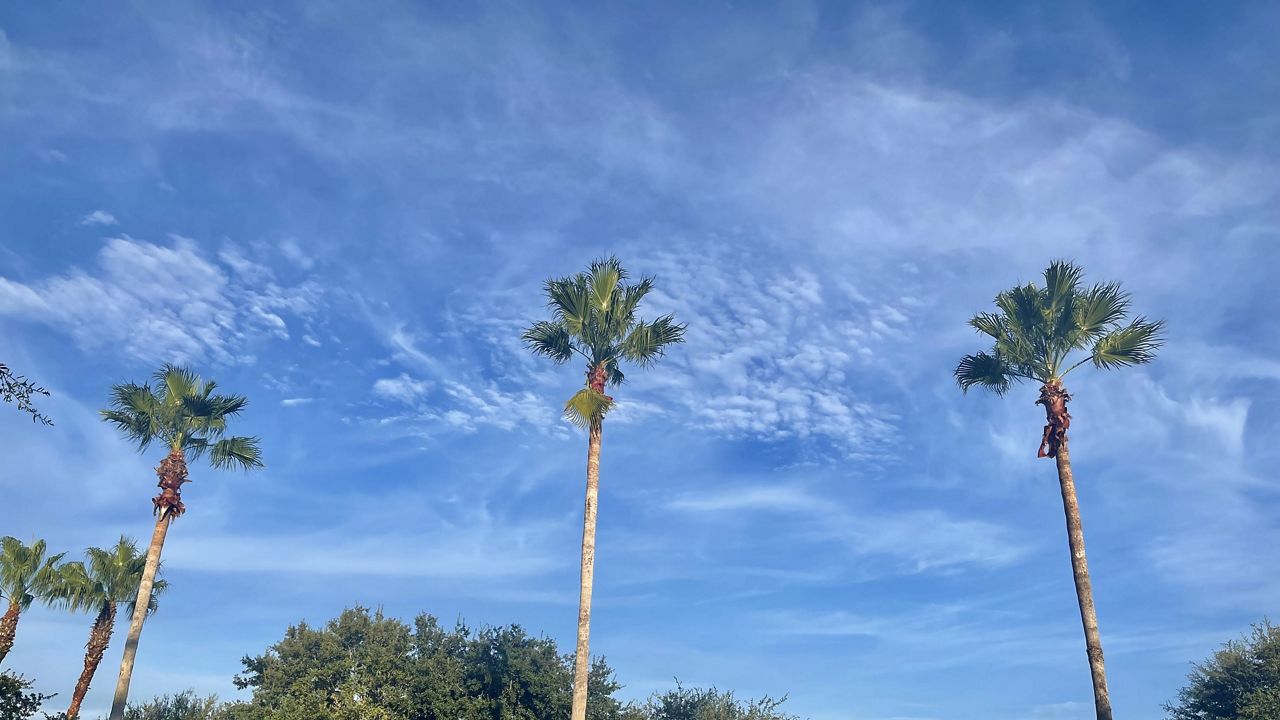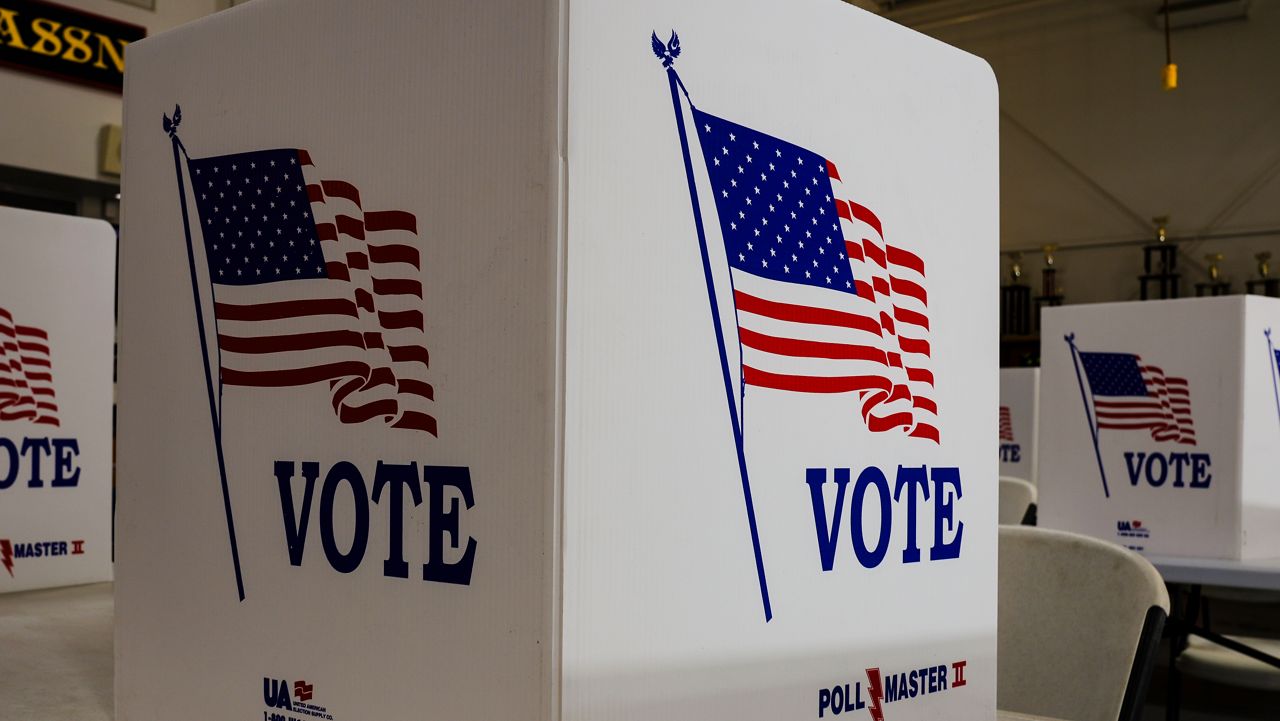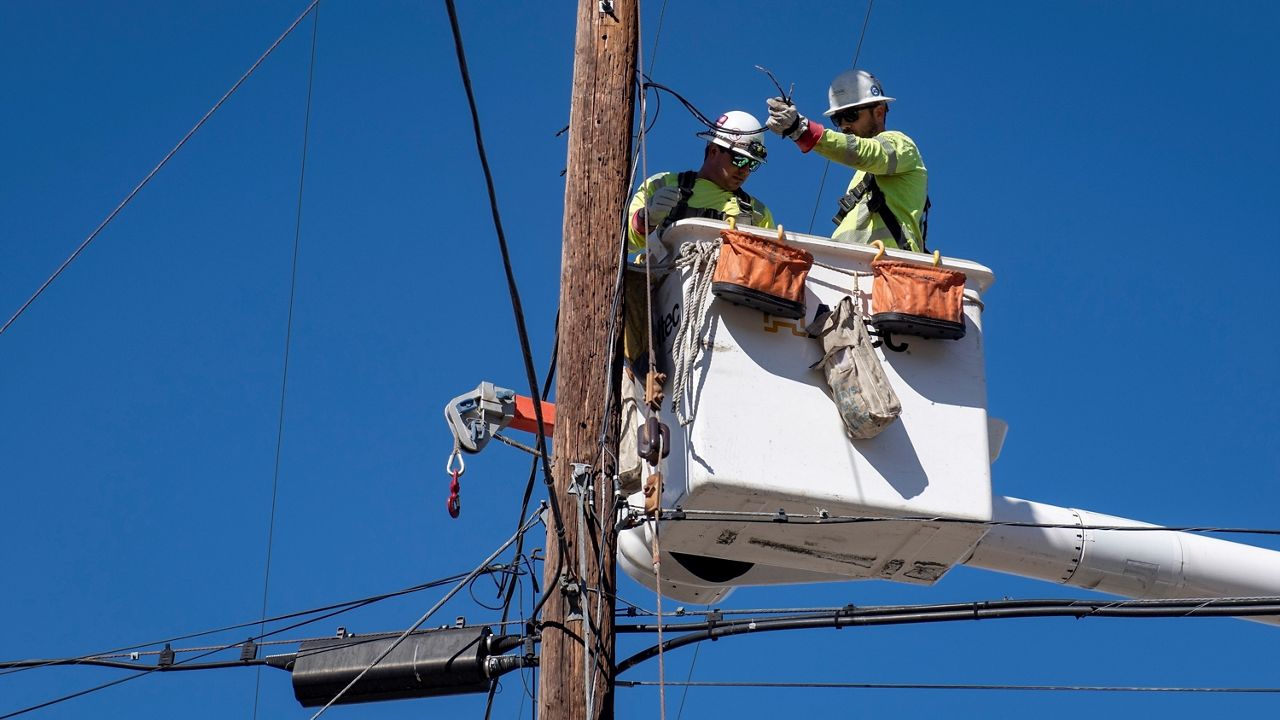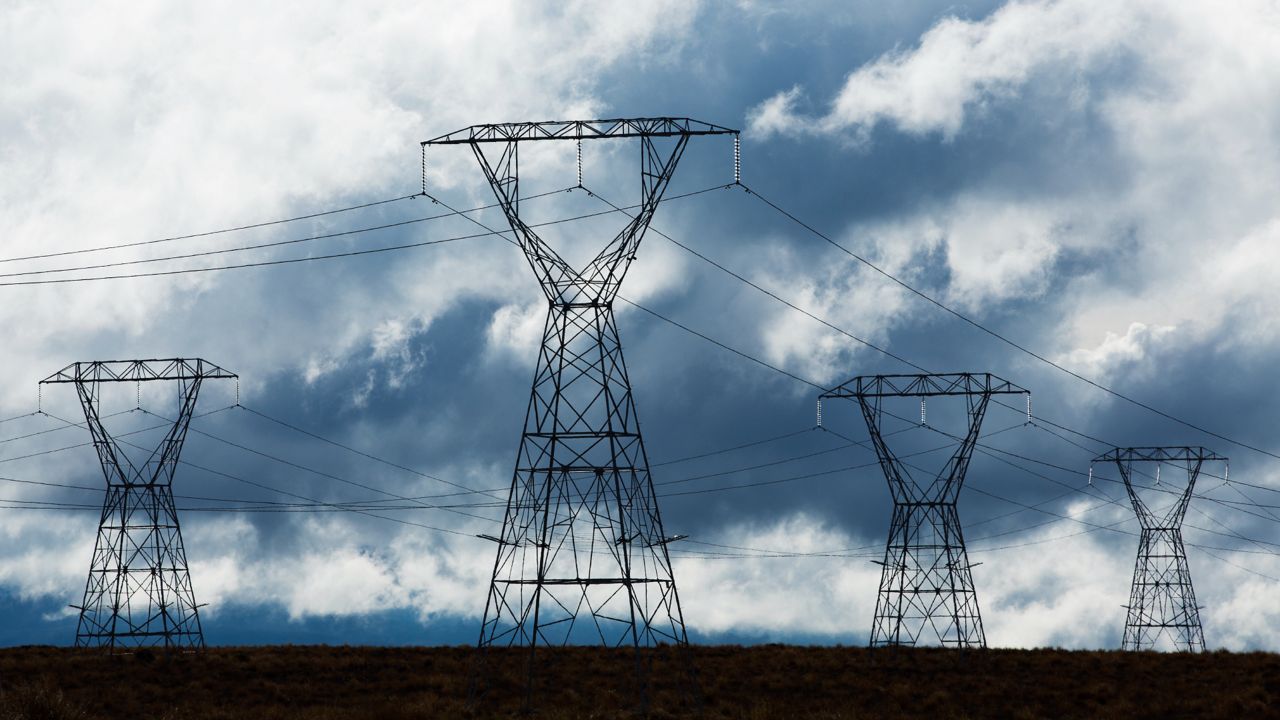The coronavirus pandemic has upended so much of how we used to do things. And that certainly includes political campaigns. The traditional elements at this time of the political cycle, such as hosting fundraisers and having candidates and their volunteers do door-to-door-outreach, simply can’t be done as the country locks down to prevent the spread of the virus.
- CORONAVIRUS LIVE UPDATES: In the Central Florida area | In the Tampa Bay area
- COVID-19 IMPACTS ON: Airports, Transportation Systems | Sports Events and Teams | Attractions | School Districts and Universities | Retailers, Restaurants Adjust Hours
- FREE CHARTER WIFI: Charter Communications to Offer Free Broadband, WiFi Access to Families with Elementary, College Students
- COMPLETE COVERAGE: Spectrum News | CDC | Florida Department of Health
Social media – already an added element to campaigning over the past fifteen years or so – has become the basic tool for a candidate to get their name out there. But instead of promoting themselves, the candidates are directing people to information or ways that they can help out in some ways related to the coronavirus.
Hillsborough County state legislators Jackie Toledo and Adam Hattersley are among a host of local officials/candidates who have hosted blood drives in recent weeks, for example.
“For most candidates, it’s a question of who is the best informer and comforter now,” says Brandon-based GOP operative Brock Mikosky. “Can I help you connect with charities? Can I share important news from the community that can help benefit you or your life? That informant role is very important.”
Pinellas County GOP congressional candidates Amanda Makki recently held a Zoom conference with former St. Pete Mayor Rick Baker and Dr. Sunit Srivastava, the chief of medicine at Largo Medical Center, where they fielded questions from citizens about public beach closings and the possibility of getting mobile testing in 55-and-over communities.
Anna Paulina Luna, another candidate running in the 13th Congressional District Republican primary, said she’s also used her social media platforms to get release statements from the White House and the State Department about the virus. “To have that platform is a blessing,” she says.
Makki, Luna and the four other Republicans running in the CD13 race participated last week in a “virtual town hall” hosted on the Facebook page of Conservative Grounds, the Trump-themed coffee shop based in Largo. Co-owner Cliff Gephart decided to put together the event after plans for a conventional town-hall at his establishment were cancelled due to the state’s ‘stay-at-home’ order regarding social distancing.
There’s also the question of fundraising. There’s not that much of that going on right now during the biggest pandemic to hit the country in more than a century. And with the unemployment numbers escalating, how many disposable dollars will be available for regular small donors to give to campaigns later this year?
“A lot of this is going to depend on how this whole situation plays out and how quickly the economy recovers,” says Tampa GOP strategist April Schiff. “If people continue to suffer, the last place anybody is going to give money is to politics. They’re going to give to food banks. It’s going to be extremely challenging.”
Tampa-based Democratic strategist Bryan Farris says that 80 percent of political candidates collect campaign contributions by making phone calls, so he says the fact that big-time fundraising events aren’t likely to happen anytime soon is a problem, but not a significant one.
Mikosky says he doesn’t see the traditional “cheese and crackers” events happening anytime soon.
“It may happen in small house parties with nine or 10 people. It may happen amongst larger families or industries, but I don’t see any scenario where you see that kind of cattle call: come to this restaurant, eat our food, give us $500. I really don’t see that kind of set up will be an acceptable way to raise money for the rest of this cycle.”
Several political veterans have told Spectrum Bay News 9 over the past month that the current situation strongly favors incumbents because of their existing political platforms and name identification. Farris also says state and local campaigns in particular may struggle to raise funds.
“They’re not going to be able to have that opportunity to do the canvassing – the one-on-one voter contact, so they’re going to have to resort to digital directing and direct mail,” he says.
And Farris believes that there will be even more direct mail hitting voters’ mailboxes in 2020.
“I’ve often said that when the end times come, there will be three things left in this world: cockroaches, Cher and political mail,” he jokes.
And everyone agrees that this fall will likely be the most intense vote-by-mail efforts ever in a Florida general election, though Schiff says it could be a challenge for first-time candidates to “chase” those ballots.









